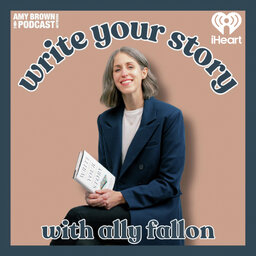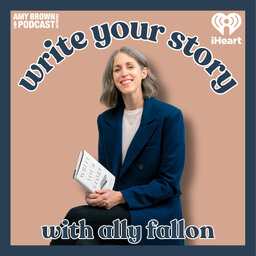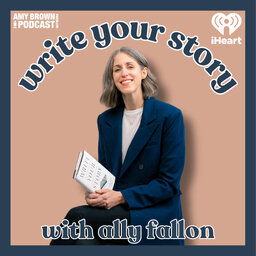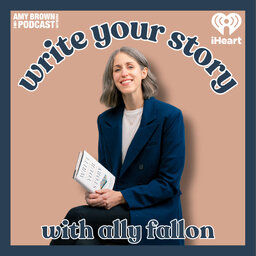How to Get Published and Become a Career Author
Have you ever wondered how someone gets a book published? Although every author’s path is unique, In this episode I’ll share my own publishing journey from start to present-day. If you’ve ever considered writing a book, I hope you find my story inspiring. No matter how developed (or underdeveloped) your book idea is, I hope you’ll join me for the free workshop I mention at the end of this episode.
Sign up for the Writer’s Warmup HERE!
 Write Your Story with Ally Fallon
Write Your Story with Ally Fallon


